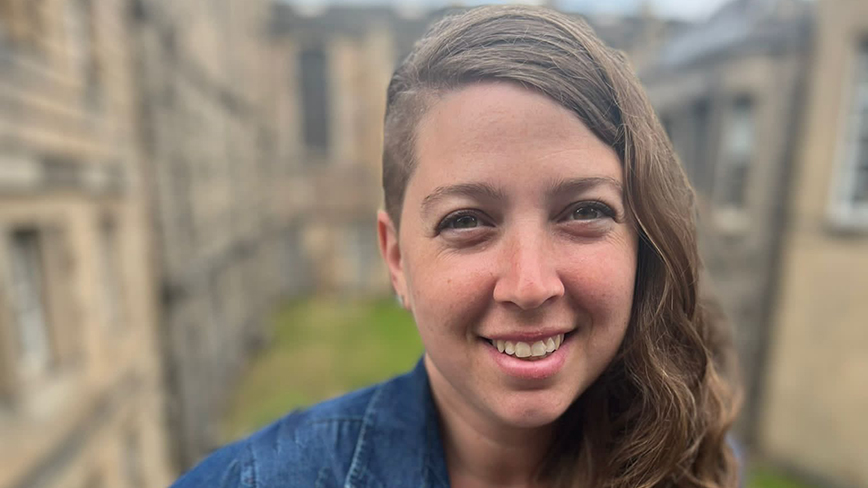When data makes a difference: How AymurAI helps the justice system in Latin America

In Latin America, there is a lack of structured data on gender-based violence against women and LGBTI people. In order to statistically map gender-based violence against women and LGBTI people, Ivana Feldfeber and a few others started the organisation DataGénero in Argentina. Ivana Feldfeber is one of the speakers at the FemTech event, which runs until 13 June and explores the interplay of technology with health, well-being and social justice.
Since its inception in 2021, DataGénero has built an interactive AI tool, the AymurAI app, that helps criminal courts with open justice data that addresses the knowledge gap that exists around gender-based violence.
"We found that there was no data on the violence and inequalities that many Latin American women and LGBTI people live with on a daily basis. The data that did exist was insufficient. Often, there was not even data on the gender of the victim of the violence. This makes it difficult for authorities and others to draw conclusions and take the right measures," says Ivana Feldfeber, CEO and co-founder of DataGénero.
A few examples of how to develop AI in new ways
According to Ivana Feldfeber, there are currently a lot of principles and guidelines for AI, but there are few examples of how to develop AI in a new way. DataGénero has developed an application used in the legal system, with open data and using AI, but not large language models. The app is secure and can be used by anyone. The article ‘ Doing the Feminist Work in AI: Reflections from an AI Project in Latin America’ , written by Ivana Feldfeber together with Marianela Ciolfi Felice, assistant professor at KTH Royal Institute of Technology, describes how the Aymur AI application was developed and is currently used by several criminal courts in Argentina.
AymurAI has been developed together with criminal court number 10 in Buenos Aires. This criminal court has had an open data policy since 2016. The data entered is about gender-based violence, but also other violent crimes committed, to be able to compare data. In order to use AI within the justice system and to protect citizen data, DataGénero therefore needed to develop an application that would allow sensitive and personal data held within the justice system to never leave the building and never use the internet.
"We have developed the app together with the users and have had a very positive result. The judiciary wants to use AymurAI and finds it easy to use. We have also made sure that no data is transferred to others, such as cloud services from OpenAI, Meta or Amazon," says Ivana Feldfeber.
Can lead to better policies
The fact that the application can be installed separately in different parts of the justice system has had an impact. Today, for example, it is used by the prosecutor's office in Costa Rica, and the hope is that it will be used by a Latin American network of prosecutors.
"Having access to more data does not mean that all problems will be solved, but through data we can get better policies. In Argentina today, there is also a lot of fake news around gender-based violence against women and LGBTI people. If we have data to back up gender-based violence, we can do something about it, and more people will realise that it exists and it is an important issue that we need to act on."
Read more about Digital Futures FemTech event wich that takes place at Digital Futures.
Watch Ivana Feldfebers presentation.
Text: Emelie Smedslund ( emeliesm@kth.se )
